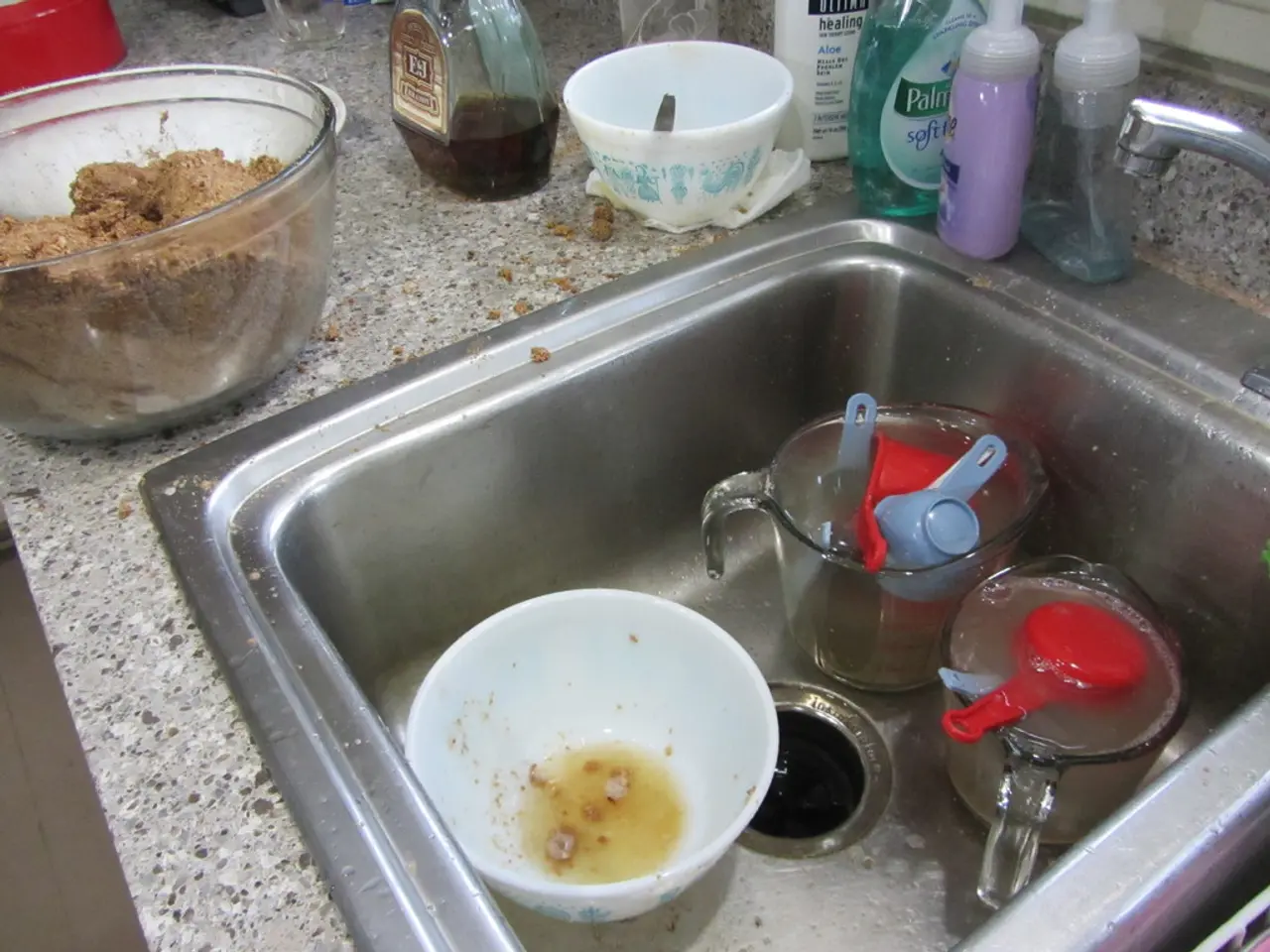Predictive Models Predict C. diff Infections Before They Occur
In a significant breakthrough, a team of scientists from the Institute for Systems Biology (ISB) has developed a personalized modeling framework to predict and potentially prevent Clostridioides difficile (C. diff) colonization. This bacterium, a leading cause of healthcare-associated infections, particularly in hospitals and long-term care facilities, infects over 500,000 people in the United States each year and claims up to 30,000 lives annually.
The researchers, led by Sean Gibbons, PhD, associate professor at the Institute for Systems Biology, used microbial community-scale metabolic models (MCMMs) to create a personalized model that predicts the likelihood of gut colonization by C. diff and tests targeted probiotic therapies.
The framework uses community-scale metabolic models to simulate C. diff behaviour in over 15,000 human gut microbiome samples. It identifies three colonization states: high, moderate, and no growth, based on the unique microbial and metabolic composition of each individual's gut.
With this new tool, scientists can now predict communities susceptible to C. diff infection and which ones are resistant. The models also predict that a probiotic cocktail could suppress C. diff growth by outcompeting it for crucial metabolites such as succinate, trehalose, and ornithine.
In addition, the scientists found that including dominant gram-negative anaerobic genera, like Phocaecola, in the simulated probiotic cocktail further improved model-predicted C. diff growth suppression.
This work moves us closer to precision probiotics—tailored interventions that account for each person's gut ecosystem. Rather than just flooding the gut with microbes and hoping for the best, scientists can now use models to match the right probiotic to the right person.
The results suggest that personalized, model-predicted probiotics could improve C. diff suppression and reduce the rate of non-responders. The ultimate goal is to decolonize opportunists like C. diff before they cause harm.
However, these new probiotic therapies will need to be tested in human trials before they can be widely implemented. The findings have immediate implications for reducing C. diff infections, offering hope for those at risk and for healthcare providers seeking more effective treatments.








